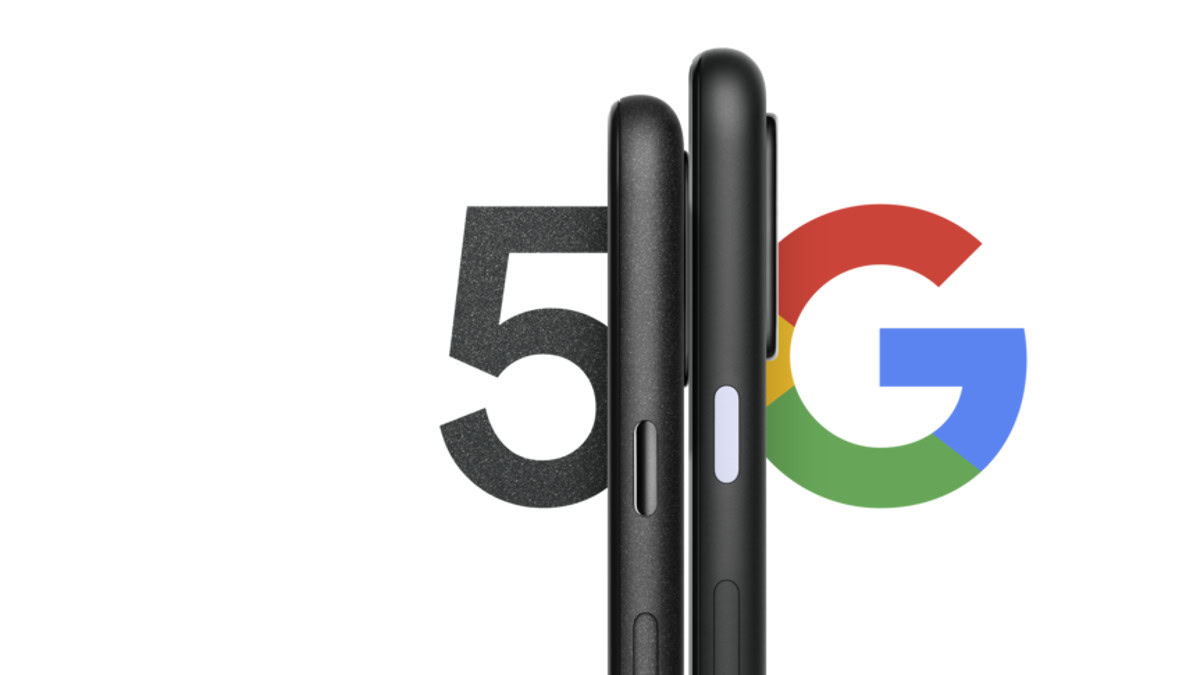Affiliate links on Android Authority may earn us a commission. Learn more.
Google's Pixel 5 and Pixel 4a 5G take one step closer to launch

- Google’s Pixel 5 and Pixel 4a 5G appear to have passed through the FCC.
- Both phones would support 5G for all major US networks.
Google’s Pixel 5 and Pixel 4a 5G may have cleared an important hurdle to their release, and we may now know more about their network support as a result.
Three Pixel 5 models (filings one, two, three) and three Pixel 4a 5G variants (one, two) appear to have passed through the FCC. Both phones appear to support not just all major LTE networks in the US, but 5G networks as well — including sub-6GHz and millimeter wave. You shouldn’t have to be picky about the carrier you use.
The filings don’t say much about the specifications beyond wireless support, although the entries for the possible Pixel 5 versions point to support for “wireless power transfer,” or wireless charging.
Read more: The best budget camera phones you can buy
Earlier rumors characterized the Pixel 5 as an upper mid-range phone with a Snapdragon 765G chip, 8GB of RAM, 128GB of storage, and a speedy 90Hz, 5.8-inch AMOLED display. The Pixel 4a 5G may be larger than the base Pixel 4a with a 6.1- or 6.2-inch screen, but would use a slower 60Hz refresh rate, forego wireless charging, and possibly stick to a lower-end Snapdragon part with less RAM.
The new Pixels are slated to arrive sometime this fall, with the Pixel 4a 5G starting at $499.
The FCC approvals were expected, but are still key parts of what could be the most important Pixel release in years. With Google’s phone sales in trouble earlier and multiple leaders leaving the Pixel team in recent months, a lot is riding on the new hardware. It represents a test of whether or not the Pixel group can thrive with new leadership, not to mention whether a shift away from higher-end models will pay off.